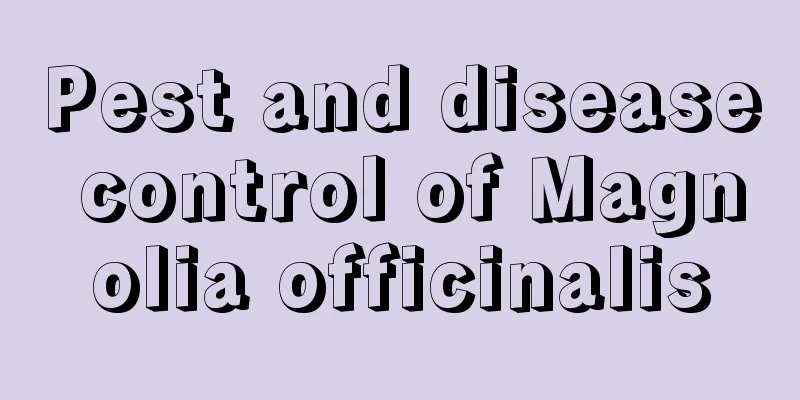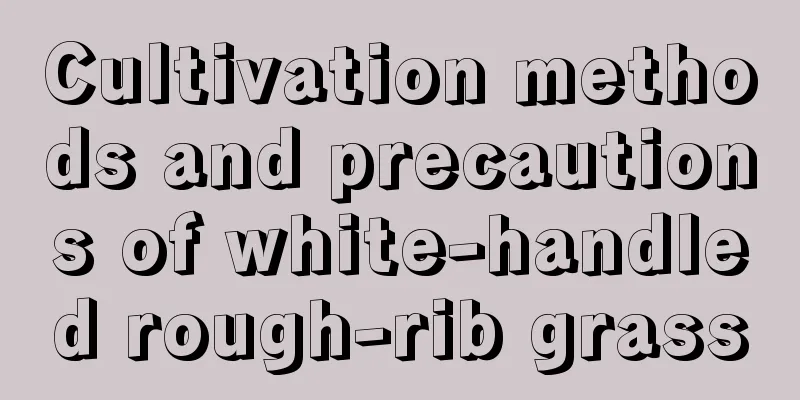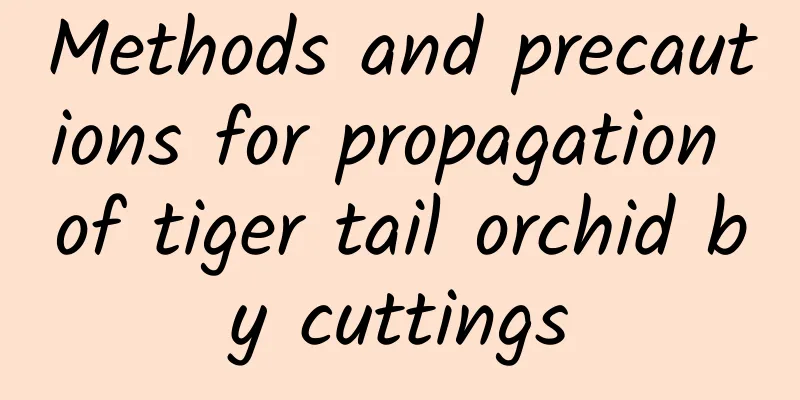Pest and disease control of Magnolia officinalis

Diseases of Magnolia officinalisOnce the Magnolia officinalis tree grows a lot and gradually becomes a forest, various problems will follow. The main diseases are the following two: Root rotAs the name suggests, it means root rot. Generally, this happens when the Magnolia officinalis is still a seedling. If it is accidentally infected by a fungus, the roots will slowly rot, and finally black spots will grow on the stems. Then, a future towering tree will die. Generally, if you do the drainage work in advance and disinfect the soil, there will be basically no problem. Observe at any time. If you find any seedlings with root rot, pull them out and burn them directly. Then sprinkle special medicine on the soil to prevent the spread of the disease. You can also irrigate the seedlings with a certain concentration of lime water. Soil pollutionThis is currently the most lethal problem in the Magnolia officinalis forest. Of course, it is also related to the current environment. If there is haze on that day and the temperature is within a certain range, the disease will basically occur. There will be something like smoke on the leaves and bark of the diseased Magnolia officinalis trees, and then they will begin to grow slowly and weaken. Faced with this situation, there is no good way to solve it. We can only control the density when planting trees to ensure ventilation in the forest. Leaf blightLeaf blight, like root rot, is caused by a fungus, and when it strikes, the leaves simply wilt and then fall off. The solution is to cut off all the dead leaves and branches, and then spray pesticides regularly. PestsThere are indeed many insects that can harm Magnolia officinalis, such as termites, longhorn beetles, moths, etc. termiteTermites can completely eat away the roots of the Magnolia officinalis tree. Solution: When you find the termite nest, use smoke to suffocate them. You can also dig up the termite nest, but make sure not to damage the tree roots. Brown alternating beetleIt will damage the roots of the Magnolia officinalis tree. Solution: Spread pesticides, catch insects, and scrape off insect eggs. |
<<: Huang Qiuying's pest and disease control
Recommend
What is mountain vegetable?
What is mountain vegetable? Wild vegetable is a p...
What to do if the leaves of Huayueye wither
Why do the leaves wither on a moonlit night? The ...
How to propagate kale through sowing
Seed propagation of kale Sowing time The sowing t...
Can protein powder be used to water flowers? The effects and methods of protein powder in watering flowers
Watering flowers with protein powder Generally, p...
Are lilies shade-loving or sun-loving plants?
Do lilies prefer shade or sun? Lily is a sun-lovi...
How to beautify bonsai by pruning
Topping Pinching is to select the top 2 cm or so ...
What are the cultivation methods and precautions of mist pine
Mist pine cultivation method Mist pine belongs to...
What does the flowering of Clivia mean?
1. Good things are coming There is a saying among...
When is the Immortal Finger grafted?
1. Grafting time There are not many restrictions ...
How to grow the fragrant vine in winter
1. Maintain a warm environment When growing sweet...
How to prune June snow
Steps for pruning June Snow Because of its beauti...
Why are the leaves of jasmine potted plants not shiny? (How to grow them to bloom more and have shiny green leaves)
1. Soil alkalinization causes the leaves to be du...
What are the varieties of American mint?
Garden Red American Mint A true garden red, this ...
What are the cultivation methods and precautions of hibiscus?
Hibiscus cultivation method Hibiscus is a plant o...
When is the best time to plant orchids? Which month is better for transplanting?
You can choose clay pots or tile pots for plantin...









